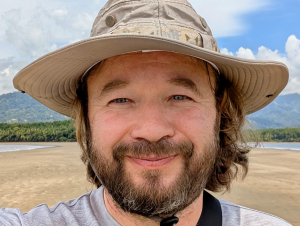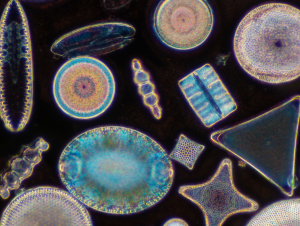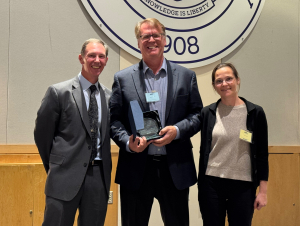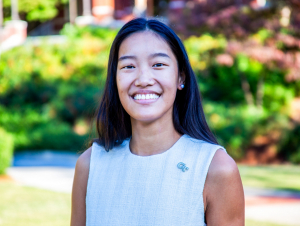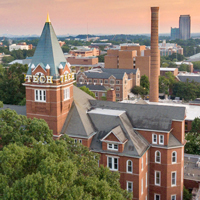Latest News
After discovering a historic bird survey in the Pacific Northwest, Georgia Tech’s Ben Freeman located the original sites, repeating the surveys three decades later. Each day, he would wake up at four in the morning to locate and visit the research areas — often navigating trails, open forest, and rough terrain on foot.
Leykin and his international team are developing an AI-powered interface to link proof verification and computational algebra, aiming to transform how mathematicians collaborate and solve complex problems.
Each year, more than 100 undergraduates conduct neuroscience research in labs across campus.
These tiny seafloor transformations are reshaping our understanding of how ocean sediments regulate carbon and climate.
Professor Michael Chapman has been awarded the 2025 Jesse W. Beams Award in recognition of his significant contributions to the field of physics.
Fourth-year biology major Lianna Homrich is among the five students named 2025 Ramblin' Royalty. This recognition celebrates students who embody Georgia Tech’s motto, Progress and Service.



